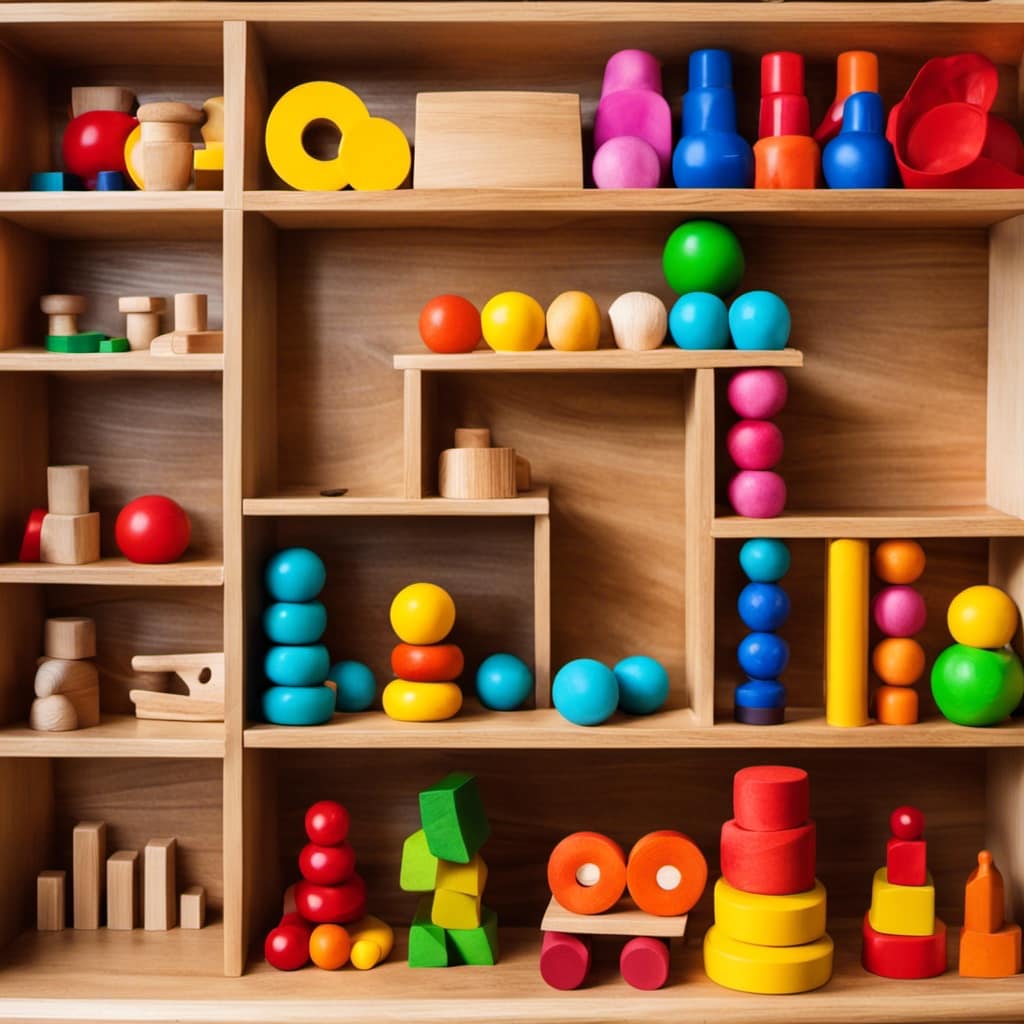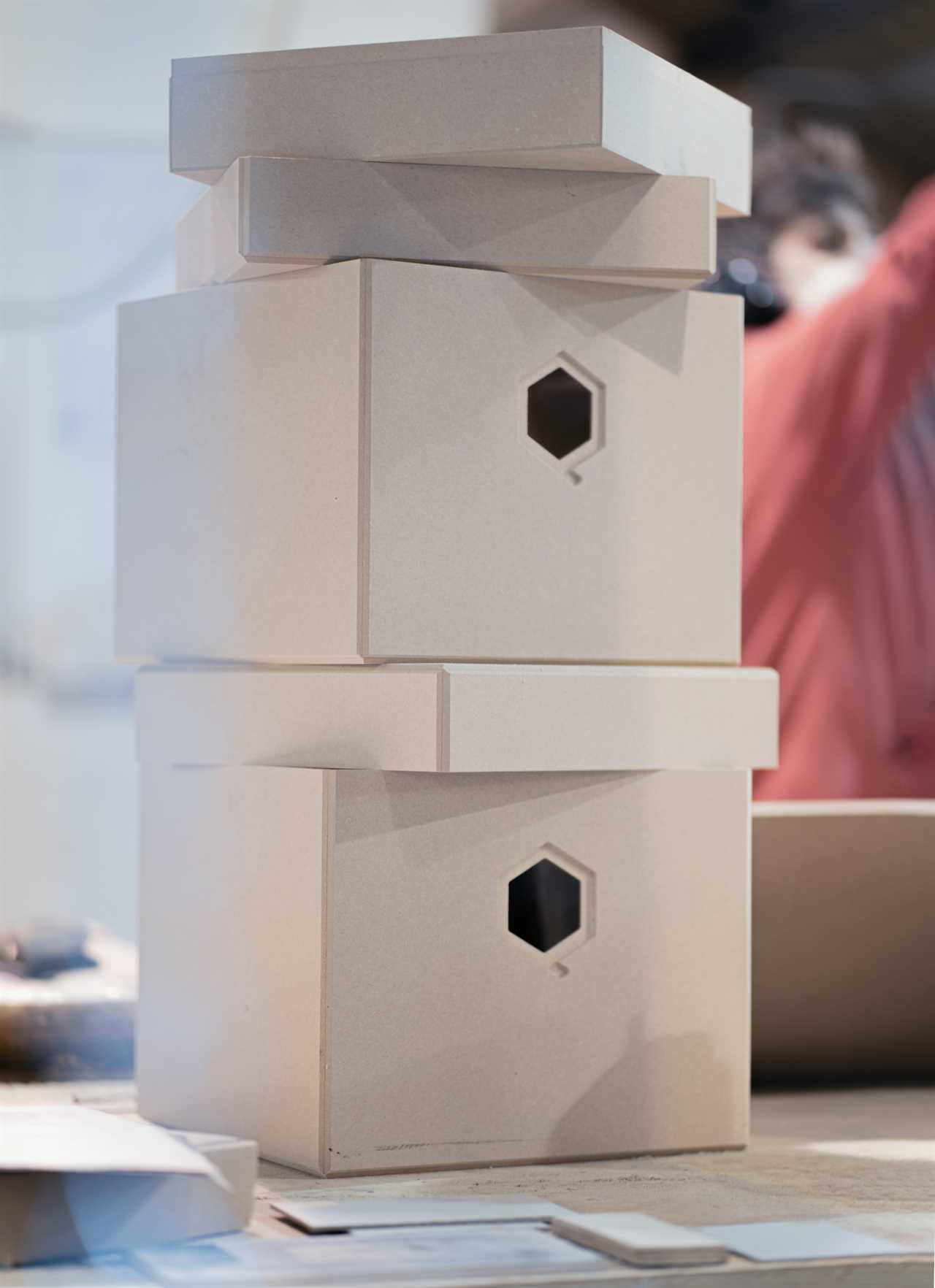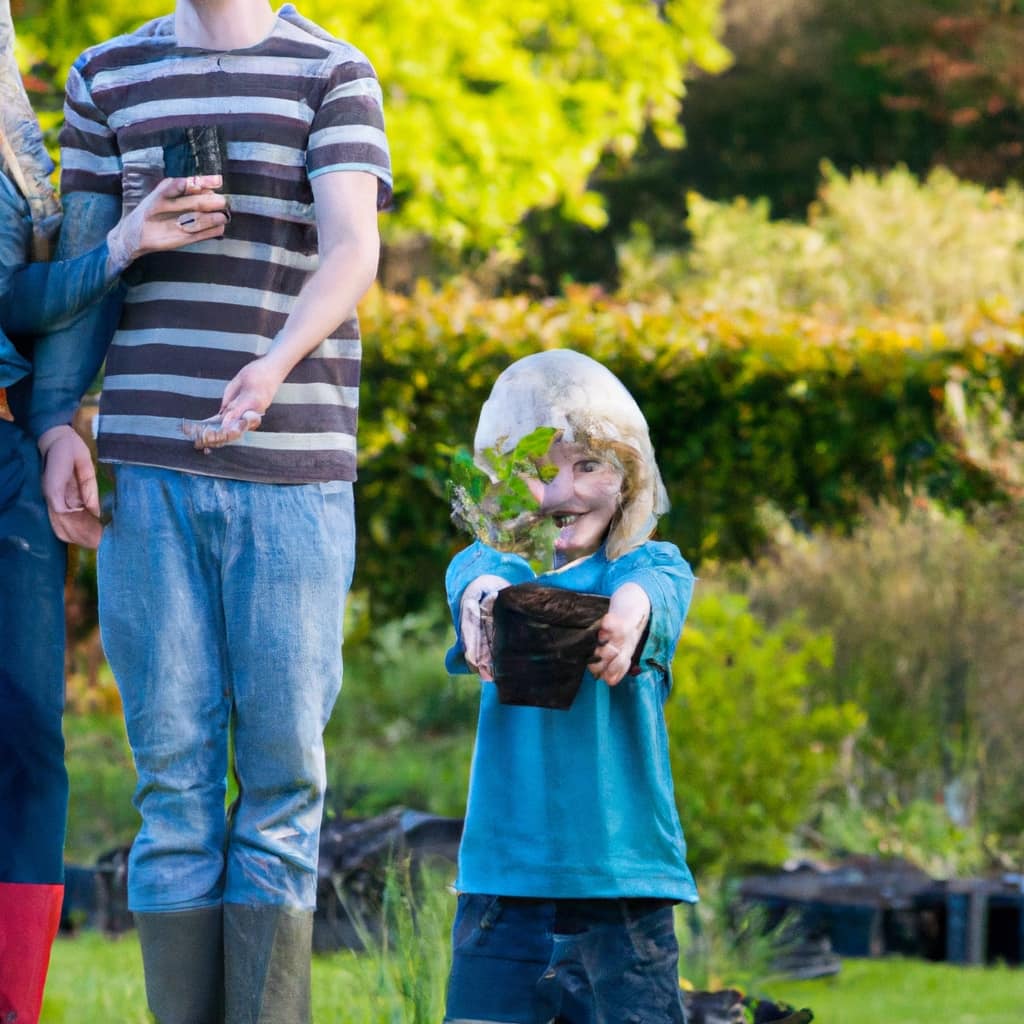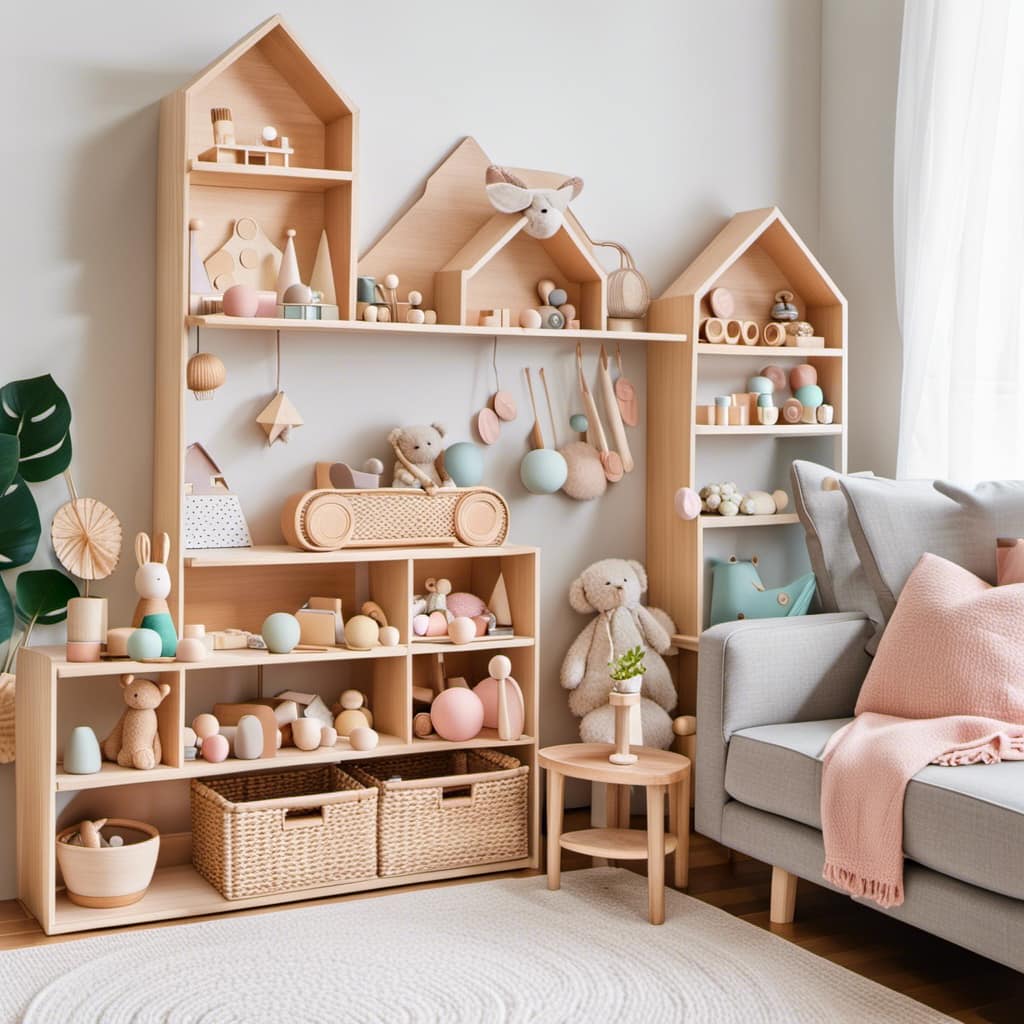As an individual constantly seeking knowledge, I am always searching for teaching methods that not only empower children but also spark a love for learning. Did you know that the Montessori Method has been proven to achieve just that?
With its child-centered philosophy and emphasis on individualized learning, Montessori education provides a nurturing environment where children can explore, discover, and develop at their own pace. Through hands-on activities and the use of Montessori toys, children actively engage in their learning process, enhancing their cognitive, physical, and social-emotional skills.
Join me as we delve into the Montessori Approach, and discover how it empowers children to become confident, autonomous, and lifelong learners.
Key Takeaways
- Montessori approach is child-centered and tailored to individual needs and interests
- Education process is based on exploration and discovery at the child’s own pace
- Emphasis on hands-on activities promotes active engagement and deeper understanding
- Montessori toys promote independent thinking and problem-solving skills
The Philosophy Behind the Montessori Approach
I believe the philosophy behind the Montessori approach is what empowers lifelong learners.
The Montessori method is built upon strong philosophical foundations that prioritize the child’s development and individual needs. It is a child-centered approach that recognizes that every child is unique and has different strengths and learning styles.
The Montessori classrooms provide a prepared environment that encourages hands-on activities and exploration. This approach fosters a love for learning and encourages children to become active participants in their own education.

By allowing children to learn at their own pace and follow their own interests, the Montessori philosophy promotes autonomy and self-confidence. It recognizes that learning is not a one-size-fits-all process and that each child deserves a personalized education.
This child-centered approach is what sets Montessori apart and empowers lifelong learners.
Individualized Learning in Montessori Education
Children in a Montessori classroom have the opportunity to engage in individualized learning that is tailored to their unique needs and interests. The personalized instruction and self-paced learning in a Montessori environment empower children to take ownership of their education. In this approach, children are encouraged to explore and discover at their own pace, allowing them to delve deeper into subjects that interest them and move faster through areas where they excel. This table illustrates the impact of personalized instruction and self-paced learning on a child’s development:
| Personalized Instruction | Self-Paced Learning |
|---|---|
| Fosters autonomy | Encourages curiosity |
| Builds confidence | Promotes love for learning |
| Tailored to individual needs | Allows for deeper understanding |
| Develops critical thinking skills | Enhances problem-solving abilities |
Hands-On Learning and Exploration in Montessori Classrooms
Engaging in hands-on learning and exploration allows me to actively participate in my educational journey and make meaningful connections with the world around me.
In Montessori classrooms, hands-on activities are at the core of the learning experience. Through active engagement, I am able to use my senses to explore and understand the concepts being taught. Whether it’s manipulating objects, conducting experiments, or creating art, these experiences provide me with a deeper understanding of the subject matter.
The Role of Montessori Toys in Promoting Learning and Development
Using Montessori toys has been instrumental in fostering my love for learning and promoting my overall development. The benefits of open-ended play with Montessori toys are numerous.

These toys encourage creativity, imagination, and problem-solving skills. They allow me to explore and discover at my own pace, which enhances my independence and self-confidence.
Incorporating Montessori principles at home has further enriched my learning experience. By creating a prepared environment that encourages hands-on activities and sensory experiences, I am able to actively engage with my surroundings and make meaningful connections.
These toys also promote language development, fine motor skills, and cognitive growth. Most importantly, they instill in me a sense of curiosity and a lifelong love for learning.
Through Montessori toys, I am able to develop important skills and prepare myself for future success.
Nurturing Autonomy and Confidence Through Montessori Education
Developing autonomy and confidence through the Montessori education approach has been a transformative experience for me. The Montessori approach focuses on fostering independence and building self-esteem in children. Here are four ways the Montessori education method achieves this:
-
Child-centered learning: The Montessori approach recognizes that every child is unique and tailors the education process to their individual needs and interests.

-
Hands-on activities: Montessori classrooms provide a prepared environment with hands-on activities that encourage active engagement and exploration.
-
Self-directed learning: Children are given the freedom to choose their own activities and explore at their own pace, promoting autonomy and decision-making skills.
-
Nurturing environment: Montessori education creates a nurturing and supportive environment that helps children develop confidence in their abilities and fosters a love for learning.
Through the Montessori approach, children gain independence, build self-esteem, and develop a lifelong love for learning.
Enhancing Learning Through Sensory Experiences in Montessori
Experiencing sensory activities in the Montessori classroom has truly enriched my learning journey. The emphasis on sensory exploration and active engagement has allowed me to fully immerse myself in the learning process.
Through hands-on activities and the use of my senses, I have been able to make meaningful connections and deepen my understanding of various concepts.

In the Montessori classroom, sensory exploration is a key component of the learning experience. By engaging with materials that stimulate my senses, such as touching different textures or smelling different scents, I am able to actively participate in my learning. This hands-on approach not only fosters curiosity but also promotes a love for learning.
The use of sensory experiences in the Montessori classroom provides me with opportunities to engage with the world around me. Whether it’s sorting objects by color or listening to different sounds, these activities allow me to explore and discover new things. By actively using my senses, I am able to develop a deeper understanding of the world and make connections to the concepts being taught.
Overall, the incorporation of sensory activities in the Montessori classroom has had a profound impact on my learning journey. It has allowed me to actively engage with my education, fostered a love for learning, and provided me with a solid foundation for future success.
The Impact of Montessori Education on Language and Emotional Development
Enhancing my language and emotional development, the Montessori education approach has provided me with valuable opportunities for self-expression and understanding my own emotions.
Through the Montessori language development program, I have been able to explore and expand my vocabulary, develop strong communication skills, and express myself with confidence.
The emphasis on hands-on learning and individualized instruction has allowed me to engage in meaningful experiences that promote emotional intelligence. The Montessori approach encourages empathy and understanding of others’ emotions, fostering a sense of compassion and connection.

By incorporating activities that promote self-reflection and self-regulation, Montessori education has helped me develop a strong emotional foundation.
The Montessori environment, with its focus on respect and autonomy, has empowered me to express myself authentically and navigate the complexities of emotions with resilience.
Preparing Children for Lifelong Success Through the Montessori Approach
To fully prepare children for a lifetime of success, the Montessori philosophy prioritizes fostering curiosity, independence, and a love for learning. The Montessori approach is designed to enhance children’s development by providing a child-centered and individualized learning experience. Through hands-on activities and sensory experiences, children actively participate in their learning process, engaging their senses and making meaningful connections. Montessori toys play a crucial role in this approach, promoting independent thinking, problem-solving skills, and cognitive development. By giving children control over their learning and encouraging self-directed exploration, Montessori toys help develop critical thinking, decision-making, and language skills. Furthermore, these toys enhance emotional intelligence, empathy, fine motor skills, and hand-eye coordination. Overall, the Montessori approach prepares children for lifelong success by nurturing their autonomy, curiosity, and love for learning.
| Benefits of Montessori Education | |
|---|---|
| Fosters curiosity | Enhances cognitive development |
| Promotes independence | Develops critical thinking skills |
| Cultivates a love for learning | Improves problem-solving abilities |
| Nurtures autonomy | Enhances language development |
| Encourages lifelong learning | Supports overall development |
Frequently Asked Questions
How Does the Montessori Approach Promote Creativity and Imagination in Children?
The Montessori approach nurtures independent thinking, promoting creativity and imagination in children. Through hands-on activities and self-directed exploration, children are empowered to think critically, make choices, and express their unique ideas.
What Role Do Montessori Teachers Play in Supporting the Learning Process?
Montessori teachers play a crucial role in supporting the learning process. They guide students in their exploration, provide a prepared environment, and tailor instruction to individual needs. They empower students to become lifelong learners.
How Does the Montessori Approach Cater to Children With Different Learning Styles or Special Needs?
The Montessori approach caters to children with different learning styles or special needs through differentiating instruction and providing individualized learning opportunities. Each child’s unique needs and strengths are considered, fostering a supportive and inclusive learning environment.

What Are Some Examples of Specific Montessori Activities or Materials Used in the Classroom?
In the Montessori classroom, children engage in a variety of hands-on activities and work with specific materials designed to support their learning. Some examples include the pink tower, the movable alphabet, and the binomial cube.
How Does the Montessori Approach Foster a Sense of Community and Social Interaction Among Children?
The Montessori approach fosters collaboration and develops empathy among children by creating a supportive community where they learn to work together and understand each other’s perspectives. It encourages social interaction through group activities and promotes a sense of belonging.
Conclusion
In conclusion, the Montessori approach to learning truly empowers lifelong learners. I have seen this firsthand with my own child, who attended a Montessori school.
One day, I watched as she meticulously worked on a puzzle, her eyes sparkling with determination. As she successfully completed it, her face lit up with a sense of accomplishment and joy. This experience reminded me of a butterfly emerging from its cocoon, ready to explore the world with newfound confidence.
Just like the butterfly, Montessori education nurtures children’s autonomy and self-confidence, preparing them to spread their wings and thrive in the ever-changing landscape of life.
The Montessori approach is not just a method of education, but a transformative journey that unlocks the potential within each child, paving the way for a lifetime of success.











